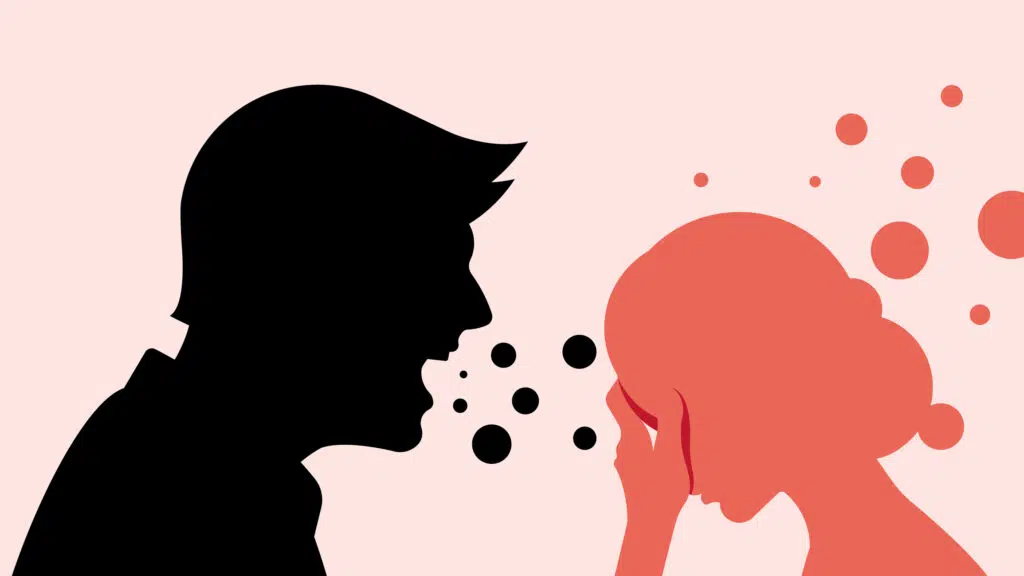Signs of Post-Traumatic Stress Disorder

Post-traumatic stress disorder (PTSD) is a type of anxiety disorder that can develop after a traumatic event. The signs of PTSD can be complex and confusing, leaving you with increased anxiety about your health and behavior.
At Thriving Center of Psychology in Midtown Manhattan in New York City, our expert therapy team understands how overwhelming any mental health disorder can be, especially if you have undiagnosed symptoms of PTSD. We offer comprehensive evaluations and customized treatment plans that can help make your life with PTSD more manageable.
Understanding post-traumatic stress disorder
Post-traumatic stress disorder typically develops after you experience or witness a traumatic event. Many who serve in the military, especially during wartime, develop PTSD symptoms in the months and years after their service.
You may also experience signs of PTSD due to:
- Violence
- Auto accidents
- Natural disasters
- Death of a loved one
- Sexual or physical abuse
If you’re a victim of a crime — such as a robbery or a home invasion — and it leaves you fearful and less confident than you used to be, you may be at increased risk for developing PTSD.
Warning signs of post-traumatic stress disorder
The symptoms of PTSD may not manifest immediately after a traumatic event. In the weeks, months, or years to follow, you may notice significant changes in your behaviors and thought patterns.
For many, the symptoms of PTSD can gradually worsen over time. This can be especially true if you get exposed to certain triggers, such as witnessing similar trauma in the future or experiencing flashbacks of the original event.
Symptoms of PTSD may include any or all of the following:
- Isolation
- Depression
- Running thoughts
- Frequent nightmares
- Feelings of detachment
- Loss of interest in hobbies or usual routine
You may also become more anxious, feel jittery, or be easily startled. These issues may interfere with your relationships, job, and overall quality of life.
In some cases, if symptoms become severe and overwhelming, you may begin harming yourself or contemplating suicide. You may also be at increased risk for self-medicating with alcohol and drugs.
Ideally, you should schedule a post-traumatic stress disorder evaluation with our team at Thriving Center of Psychology as soon as you notice any changes in your behaviors or thoughts. Early intervention can ensure that you get the right diagnosis and treatment before you develop thoughts of suicide or actions of self-harm.
Options for managing post-traumatic stress disorder
While the side effects of PTSD can be life-altering, you can learn to keep your condition under control. Your provider at Thriving Center of Psychology will develop a customized treatment plan based on your unique needs. They may recommend one or more therapies, such as:
- Life coaching
- Psychotherapy
- Neurofeedback
- Cognitive behavioral therapy
- Prolonged exposure therapy
- Virtual reality exposure therapy
The goal of your treatment will be to help you recognize your triggers for unhealthy feelings, thoughts, and behaviors and give you tools to help you reduce your anxiety when you recognize these triggers. Your provider will work closely with you to rebuild your self-confidence, so you can stay in better control of your life.
Even if you’re not able to visit the office in person, we offer online video teletherapy. Through this virtual service, you can meet one-on-one with your provider whenever you need assistance in dealing with your triggers or symptoms of PTSD.
If you’re isolating yourself from others because of anxieties and fears, we can help. To learn more, book an appointment online or over the phone with Thriving Center of Psychology today.

Understanding Impostor Syndrome: Breaking Free from Self-Doubt
Imposter syndrome can make you feel like a fraud with no confidence in your abilities. You’re not alone; so many people feel like this. The good news is that you can break free from imposter syndrome and overcome self-doubt; here’s how.

Supporting a Loved One with Mental Illness: Practical Tips and Resources
There isn’t one perfect way to support a loved one with mental illness. How you care for someone will depend on you and the person you support. Mental illness can affect all aspects of a person, from mood to behavior. It can come as a shock when a loved one is diagnosed with a mental illness.

Is My Relationship One-Sided?
Do you feel like you’re doing all the work in a relationship? When a relationship is one-sided, it can create stress and conflict. If one partner invests more energy and effort to make the relationship work, it creates an imbalanced dynamic that can be draining in the long haul.

How To Recover From Burnout?
Manageable and short-term stress can increase alertness and give you the focus to hit a tight deadline. But left unchecked, chronic stress can result in burnout, leading to complete physical, mental, and emotional exhaustion.

